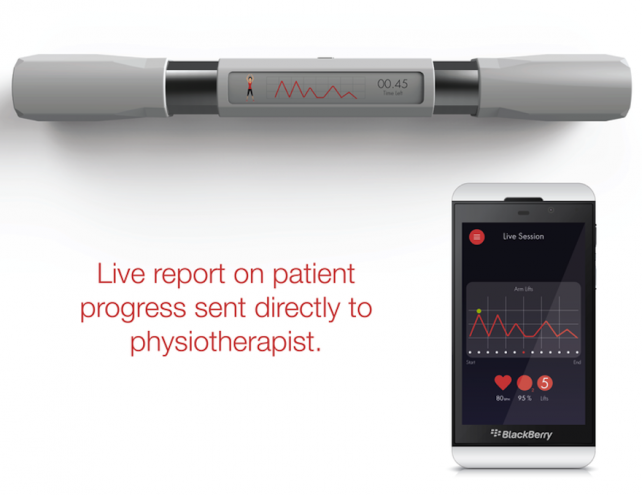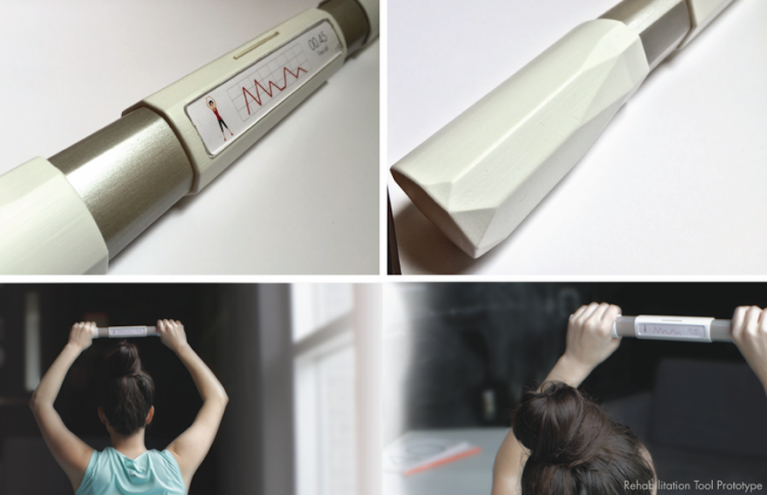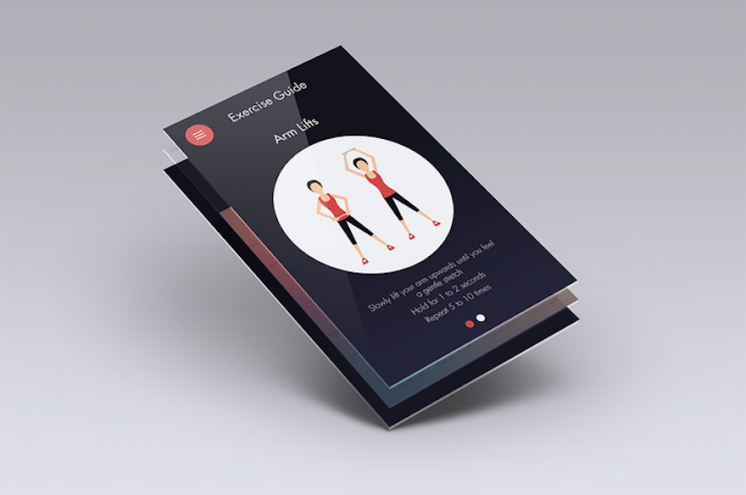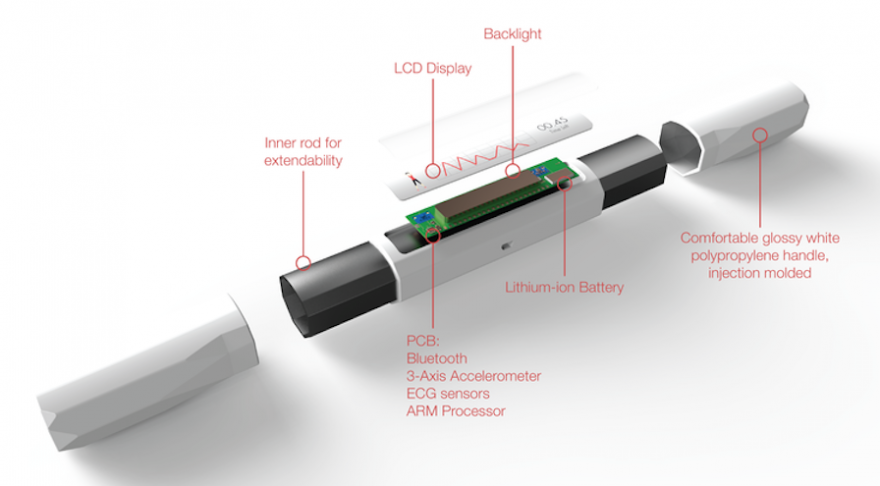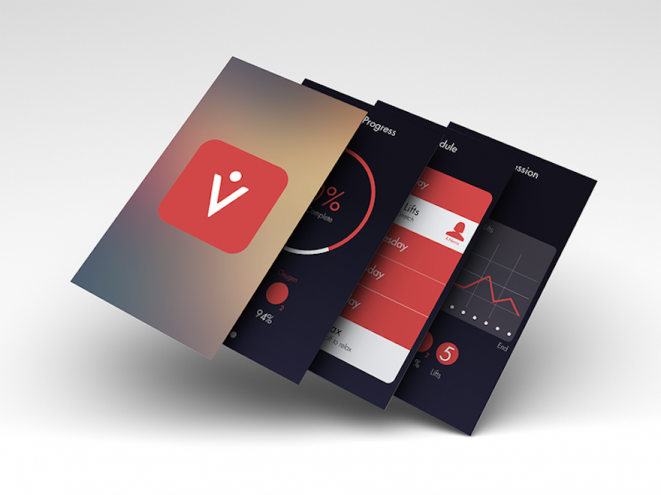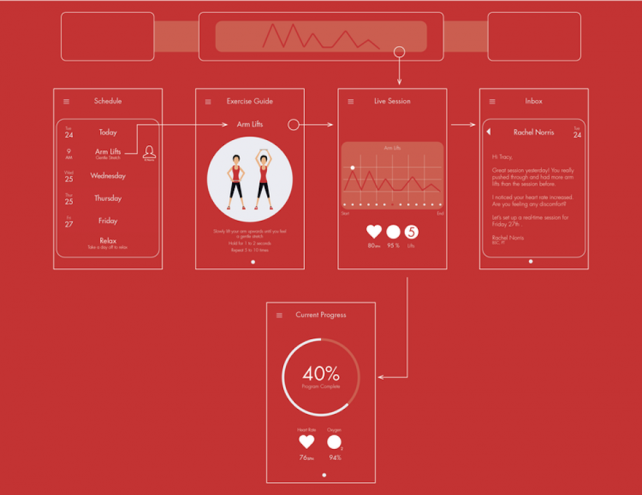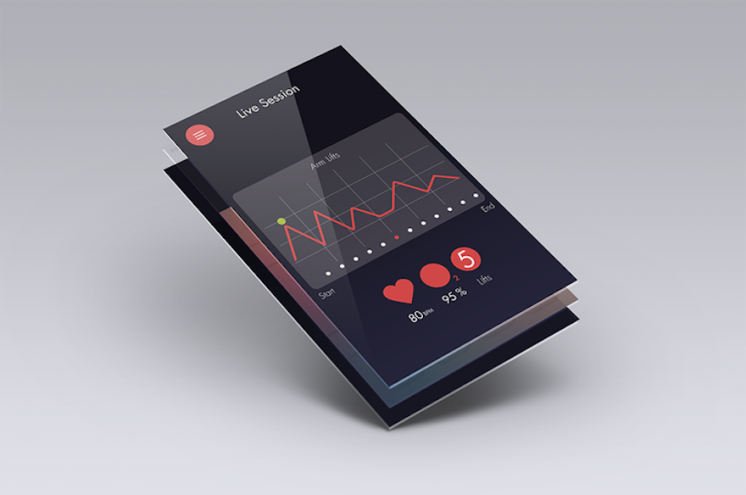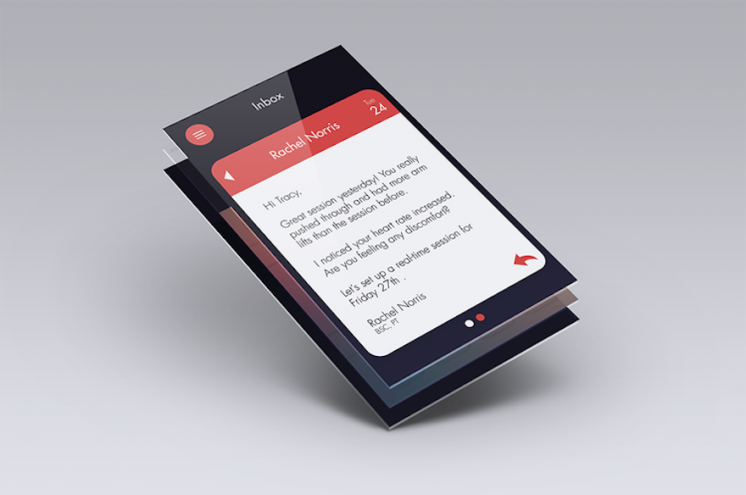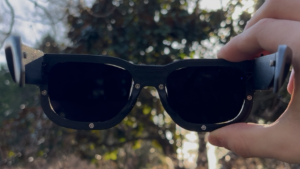A graduate in industrial design from Carleton University in Ottawa, Pia Nyakairu has designed a tool to create increased remote support from physiotherapists to mastectomy patients. A mastectomy is a medical procedure in which one or both breasts are removed in patients who have been diagnosed with cancer.
The wand-like tool and mobile application, named Remote Rehabilitation, fosters direct communication between patients and physiotherapists. Through remote contact between physiotherapist and patient, the app tracks the patient progress, monitors their recovery and suggests exercise.
The patient performs exercises at a scheduled time using the exercise wand. The wand records the movements, saves them to the application and sends them to the physiotherapist via Bluetooth. The physiotherapist can also set a consultation with the patient using the wand.
Physiotherapists, surgeons and doctors encourage patients to exercise their arms and shoulders after surgery to decrease any side effects of surgery. The wand records movements using the 3-Axis accelerometer ¬– an electromechanical device that measures acceleration forces caused by static forces like gravity or more dynamic ones like exercise. The wand also has an on board Electrocardiogram (ECG) Sensor to assess the electrical and muscular functions of the heart. The results of the ECG are also sent to the patient’s physiotherapist.
The tool pairs with an application that saves patient progress, feedback from physiotherapists and exercise information. Through a wearable device, the application sends a liver report on the patient’s progress directly to the physiotherapist and the physiotherapist can send feedback to the patient.
Remote rehabilitation support benefits both the patient and medical practitioner: it means patients will need to travel less frequently and physiotherapists can treat patients who require on hand, in hospital support and equipment. Frequent travel is not recommended for mastectomy patients who’ve had multiple lymph nodes removed in the process because their immune systems are weakened.
Nyakairu has also designed another user-centred product called Vibel, an interactive bracelet that vibrates to connect hearing-impaired users to outdoor sounds and personal music.

